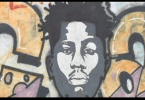If words are weapons, surely Nigeria has birthed legendary warriors who wielded the pen with skillful art. Right from pre-colonial times, a crop of exceptional literary giants have arisen from Nigeria. These skilled writers have explored and exposed a vast range of African themes and societal issues to the world. And they clearly demonstrated the richness of African wisdom and history to non-African audiences who judged them wrongly before now.
From ancient times to the modern; and from the spiritual to the carnal. They have shown the Western world that Nigerians (and Africa at large) have a right to narrate their our own authentic stories; and aspire to take charge of their destinies. We will be highlighting a number of well-known giants of Nigerian literature in his article. Additionally, a quick look at the impact they have had on the country and the world at large is noteworthy.
CHINUA ACHEBE
Nowhere will the history of African and Nigerian literature ever be mentioned without naming the legendary novelist, essayist and critic – late CHINUA ACHEBE. The pioneer literary giant and global award winner is famously called the father of African literature. He practically championed the art of creative writing and storytelling across Africa. Chinua Achebe refused to accept the Western world’s portrayal of Africa as a land without history, civilization, or men with advanced thinking.
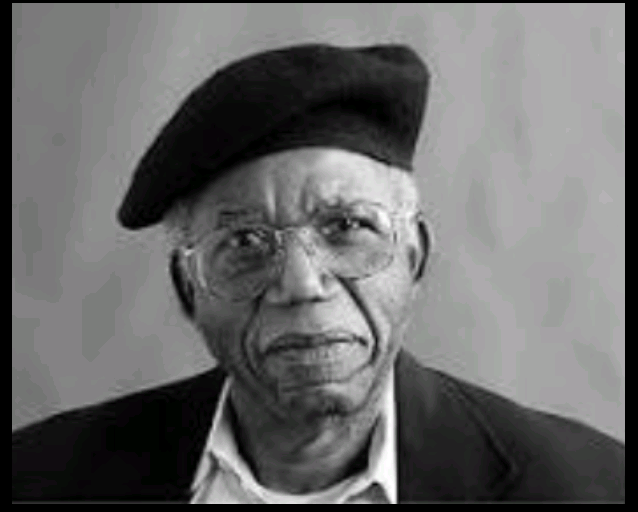

When he released the novel ’Things Fall Apart’ to the world in 1958, Achebe’s vivid portrayal of the undying loyalty of an African man to his origins touched readers to the core. Birthed in the age of British colonization, Achebe crafted a deeply moving story. The novel depicted the life of Okonkwo, a proud Igbo warrior face-to-face with a crumbling heritage, a shocking prophecy, and advancing British overlords. ‘Things Fall Apart‘ broke records by selling at least 10 million copies worldwide, and has been translated into over 50 languages.
Achebe went ahead to release other highly acclaimed novels such as ‘No Longer at Ease’, ‘Anthills of the Savannah’, and ‘Arrow of God’. The famed writer refused to accept the European narrative of Nigerian heritage. Rather, Achebe chose to use the Western language and tools of education to rewrite the warped story of Africa hitherto presented to the world. Achebe was shortlisted for the Booker Prize in 1987, and won the 2007 edition of the Man Booker International Prize.
Achebe was also chosen as editorial advisor of the Heinemann African Writers Series in 1962. Thus, he seized that opportunity to invite more Nigerian writers to publish their works under the Heinemann series. By the end of the 20th Century, about 500 Nigerian authors were able to publish their novels under that arrangement. These books were able to reach much larger audiences across the African continent; and brought greater recognition to the writers as well.
WOLE SOYINKA
The uncommon giant of African literature and skilled storyteller named WOLE SOYINKA is another African legend. The globally-acclaimed playwright, poet, essayist, and activist is a winner of the Nobel prize in Literature for his play ‘A Dance in the Forests’ (1986). He also won a Special Prize of the Europe Theatre. The former professor of Literature has the University of Ibadan Arts theatre named after him.
Wole Soyinka is a courageous voice which has continued to speak against political and other social abuses, both in contemporary Nigeria and worldwide. His written works have broadly explored the themes of culture, socio-political dramas, history, and societal struggles in compelling and sometimes amusing ways.
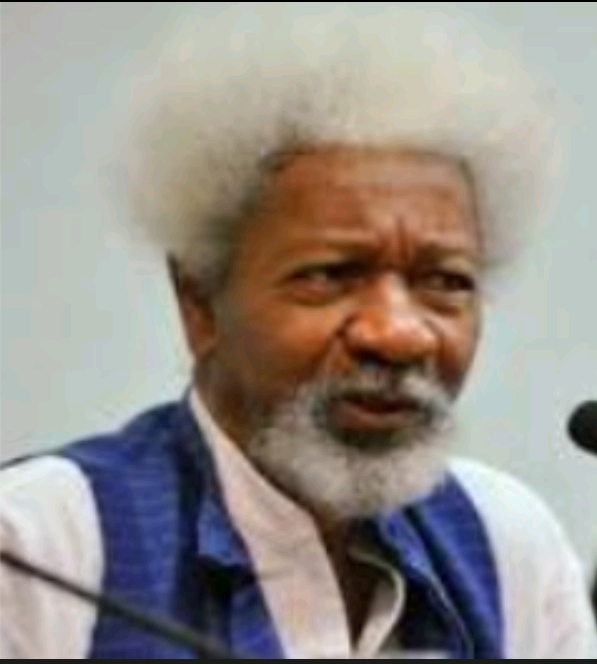

Additionally, some of Soyinka’s plays are built on his own experiences. He is renowned for writing best-selling plays such as ‘The Trials of Brother Jerome’, ‘Death and the King’s Horseman‘, ‘The Man Died: Prison Notes‘, ‘The Lion and The Jewel’, amongst others.
CHIMAMANDA ADICHIE
That one female literary giant amongst the Big Three of Nigerian Literature (which includes Chinua Achebe and Wole Soyinka) is 21st-Century novelist and storyteller, CHIMAMANDA ADICHIE. The skilled writer, gifted storyteller, and extraordinary orator is notable for her globally-recognized novels and stories. They include ‘Purple Hibiscus’, ‘Half of a Yellow Sun’, ‘Americanah’, and several other award-winning short stories and essays. She is also a recipient of innumerable international and Nigerian awards and honours. They include the O. Henry Prize, the Caine Prize, and the Women’s Prize for Fiction.


Adichie is unapologetically a feminist. She has contributed thought-provoking opinions to sensitive social issues that cut across gender, racial and cultural bias, identity, social justice, as well as colonialism. Adichie has been named one of Time magazine’s 100 Most Influential People in the World.
BUCHI EMECHETA
In a space which for decades was saturated with male writers, BUCHI EMECHETA stood out amongst the few women literary giants of 20th-Century Nigeria. Emecheta’s unique style of storytelling captured her experiences as an African woman challenged by a patriarchal society, both in Nigeria and beyond.
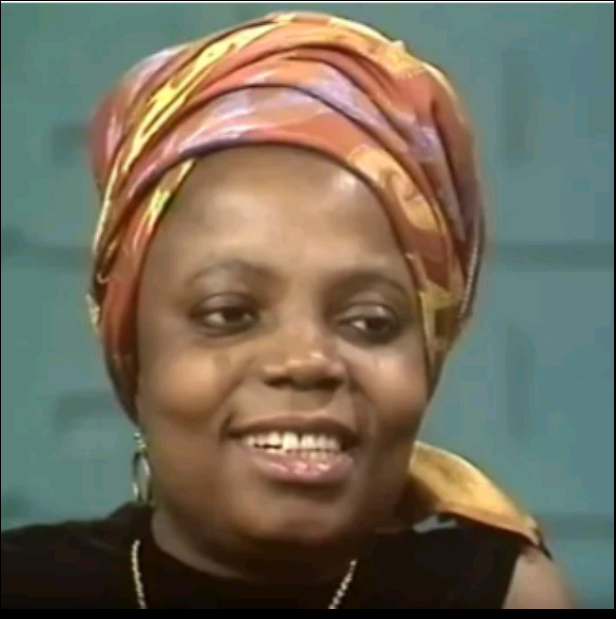

Emecheta’s stories brought the peculiar struggles and unyielding determination of African women to life in a touching, relatable way. Some of her best-selling novels include ‘The Joys of Motherhood’ and ‘Second-Class Citizen’. She has remained a source of inspiration to emerging writers, unto whom she unveiled the intricacies of African womanhood through her unique storytelling.
BEN OKRI
Award-winning novelist and poet, BEN OKRI cannot be overlooked in the world of Nigerian literature. The captivating storyteller chooses to break from the norm by crafting his stories in the present, and not necessarily based on history or oral traditions. Yet again, he is skilled in creating characters who glide naturally between physical and spiritual realities. Such is the case of Azaro, the main character in Okri’s famous novel ‘The Famished Road‘ – which won the 1991 edition of the Booker Prize.
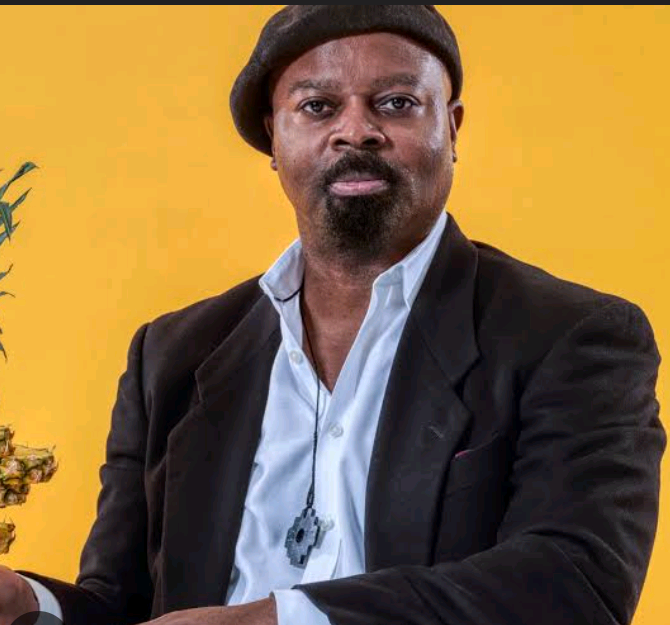

Okri’s writing style can be described as skillfully-woven words that explore a sort of ‘magical realism’. Okri’s works often unite the supposed real world and fantasy realms, set against the background of modern society and its peculiar issues. The distinguished poet has poetry collections such as ‘An African Elegy’ and ‘Wild’ amongst his works.
AMOS TUTUOLA
A storyteller with an uncanny gift of painting clear pictures of the supernatural world with his stories. AMOS TUTUOLA remains a powerful inspiration in the world of Nigerian literature years after his passing. His very first novel, ‘The Palm-Wine Drunkard’ (1952) is a clear testament of that gift. He wove a clear, powerful narrative of the journey of the main character into the world of supernatural creatures and events that won international recognition. Furthermore, the writer continued to delve deeper into a blend of ancient African mythologies, folklore, and modern storytelling techniques in his works.
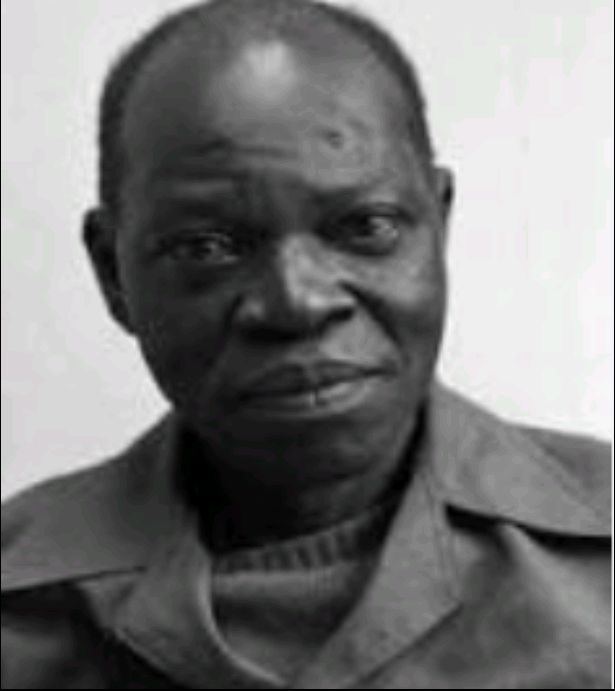

Tutuola has thus written engaging stories thickly laced with supernatural themes. They include novels such as ‘My Life in the Bush of Ghosts’ and ‘The Witch-Herbalist of the Remote Town’ (which were translated to and from Yoruba). His powerful stories have remained unforgotten. They have also inspired Nigerian movies (and perhaps other storytellers) to explore African mythology and the supernatural in modern times.







